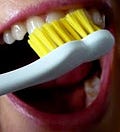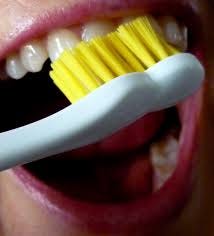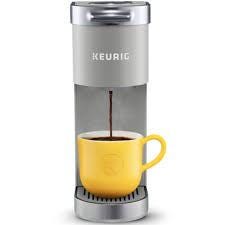When you’re busy and trying to get everyone ready for their day, we’re sometimes tempted to do things for people in our care.
I know this because when my daughter Jessica would be trying hard to put toothpaste on her toothbrush, and the school bus was outside, beeping its horn to get out there -NOW! That’s the moment when I would lose patience and take the toothbrush and brush her teeth. Sorry – I’m human.
Those moments remind us that we are not helping a person learn anything but frustration in those moments. Doing is Learning.
Let’s talk about coffee. Many of us start our day with a hot cup of joe. But do we learn to make it if we’re just handed a cup of coffee? Let’s teach people how to make their coffee. Oh! That might be dangerous with the hot water and hard for people with poor fine motor skills.
Enter Assistive Technology! This can be any device or procedure that helps a person accomplish their daily living activities (ADL). So, let’s get a coffee machine, like a Keurig. You might have to help fill the water container for the person, but that’s it. The person inserts a coffee pod of their choice, closes the pod door, puts a cup under the dispenser, and presses that flashing start button. Watch your cup fill up, and know you made it yourself! You were involved in a tiny part of your day instead of taking a passive role, letting people do things for you.
This activity takes real teamwork between the person and their support person, but it can make a difference in their life. Try and find more opportunities to let people do things for themselves!
There’s some excellent information on task analysis and fostering independence in this article, “Why I Do Not Use Hand-Over-Hand,” from the website Simply Special Ed. It emphasizes recognizing and respecting a person’s autonomy when teaching new skills.





